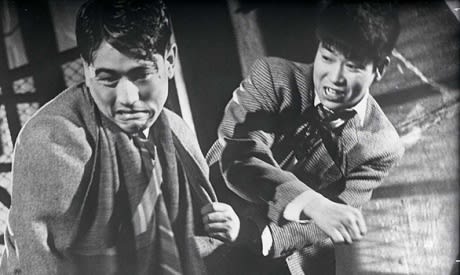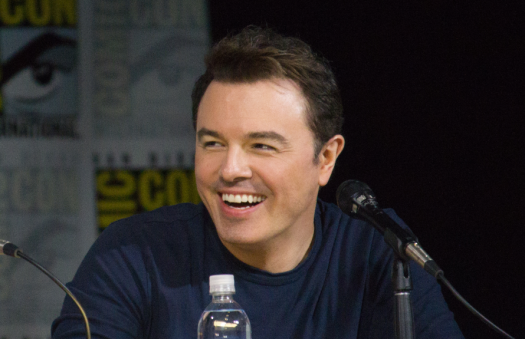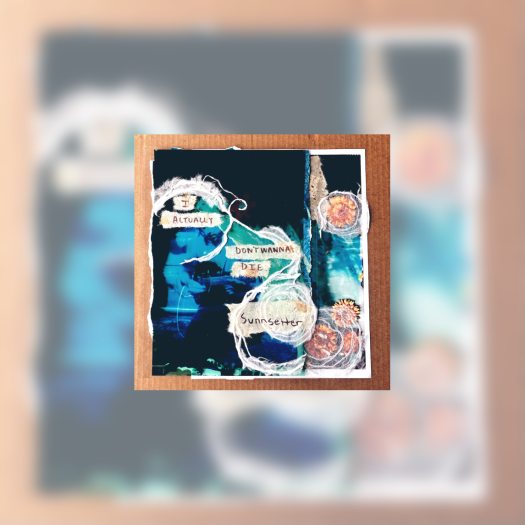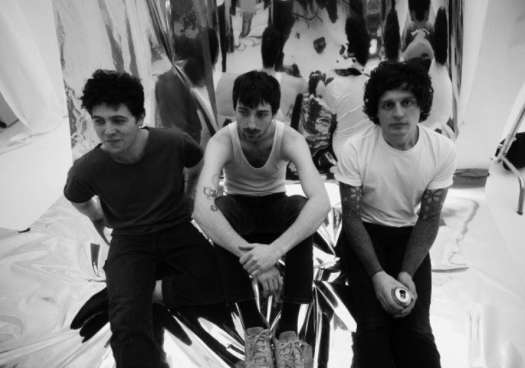Feeling the pressure to manufacture some homegrown competition for the noir films of America and France that were eating up box office dollars with their smoky, conflicted avatars of cool, Japanese director Toshio Masuda (perhaps best known for his contributions to the Yamato series) stepped up to the challenge with a number of offerings in the late 1950's. His first major financial success was the uneven but efficient Rusty Knife.
Many of the basic hallmarks of the shadowy genre were accounted for: a seemingly untouchable crime boss; a police force hobbled by public fear; a man with a dark past who's willing to circumvent the law in the name of vengeance; and a plot featuring insidious tendrils of corruption choking a city left vulnerable by the inertia of its citizens.
Set in the fictional post-war industrial city of Udaka, Rusty Knife commences with the investigation of an anonymous letter sent to district attorney Karita (Shoji Yasui), purportedly from a witness willing to testify against mob boss Katsumata, famous for giving more vocal displays of mirth than a stoned hyena. It takes a while to gather all of the players; the initial whistle-blower is swiftly dispatched but doesn't meet his gristly fate before fingering two others with the knowledge to put the cocky criminal behind bars.
Once the key figures are assembled – the daughter of the murdered councilman the case rests on and two reformed criminals trying to make a go of the straight life by running a local pub – Masuda's shadow-saturated crime thriller reveals its intentions. The bar owner, Tachibana (Yujiro Ishihara), is lured down the path of retribution by the knowledge that the man he served jail time for killing wasn't the ringleader of his girlfriend's brutal rape and murder. Struggling to control his violent impulses, Tachibana himself is the titular "rusty knife," still a lethal weapon beneath layers of disuse.
Much of the action – fight choreography and a truck chase especially – leaves a lot to be desired, even by the standards of the day, and the performances and dialogue are hampered by camp, but nonetheless, Masuda's second film was an important stepping stone in Japanese action cinema. Plus, the swinging bombast of Masaru Sato's orchestral jazz score has a distinct and complex playfulness many modern film composers could stand to take a few cues from.
Rusty Knife screens at the TIFF Bell Lightbox as part of the Tokyo Drifters retrospective at 10pm on February 9th, 2013.
(Nikkatsu)Many of the basic hallmarks of the shadowy genre were accounted for: a seemingly untouchable crime boss; a police force hobbled by public fear; a man with a dark past who's willing to circumvent the law in the name of vengeance; and a plot featuring insidious tendrils of corruption choking a city left vulnerable by the inertia of its citizens.
Set in the fictional post-war industrial city of Udaka, Rusty Knife commences with the investigation of an anonymous letter sent to district attorney Karita (Shoji Yasui), purportedly from a witness willing to testify against mob boss Katsumata, famous for giving more vocal displays of mirth than a stoned hyena. It takes a while to gather all of the players; the initial whistle-blower is swiftly dispatched but doesn't meet his gristly fate before fingering two others with the knowledge to put the cocky criminal behind bars.
Once the key figures are assembled – the daughter of the murdered councilman the case rests on and two reformed criminals trying to make a go of the straight life by running a local pub – Masuda's shadow-saturated crime thriller reveals its intentions. The bar owner, Tachibana (Yujiro Ishihara), is lured down the path of retribution by the knowledge that the man he served jail time for killing wasn't the ringleader of his girlfriend's brutal rape and murder. Struggling to control his violent impulses, Tachibana himself is the titular "rusty knife," still a lethal weapon beneath layers of disuse.
Much of the action – fight choreography and a truck chase especially – leaves a lot to be desired, even by the standards of the day, and the performances and dialogue are hampered by camp, but nonetheless, Masuda's second film was an important stepping stone in Japanese action cinema. Plus, the swinging bombast of Masaru Sato's orchestral jazz score has a distinct and complex playfulness many modern film composers could stand to take a few cues from.
Rusty Knife screens at the TIFF Bell Lightbox as part of the Tokyo Drifters retrospective at 10pm on February 9th, 2013.




